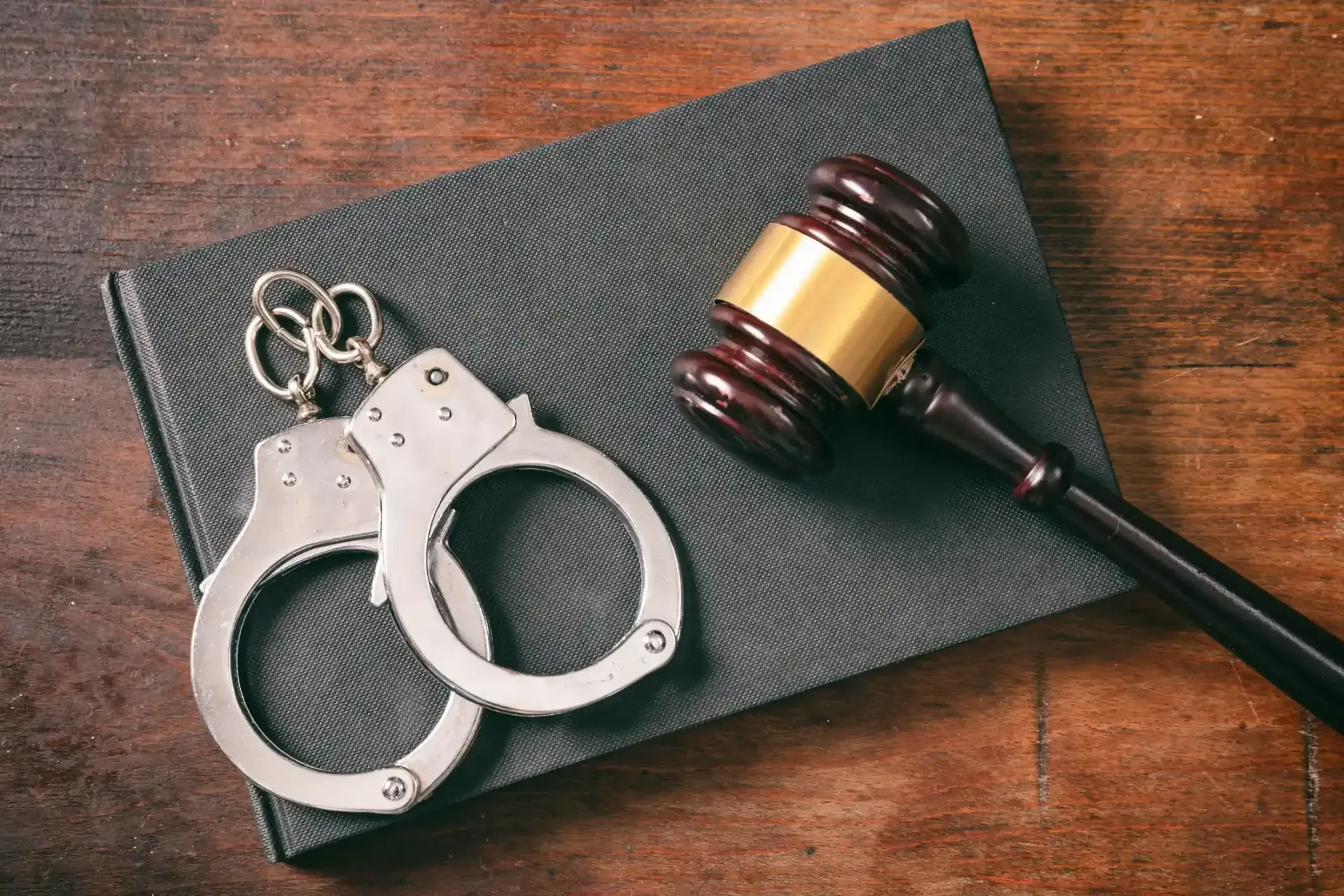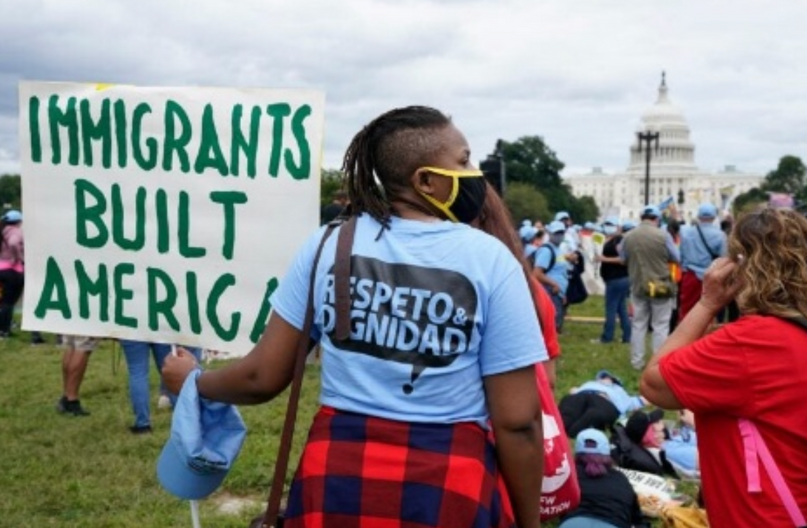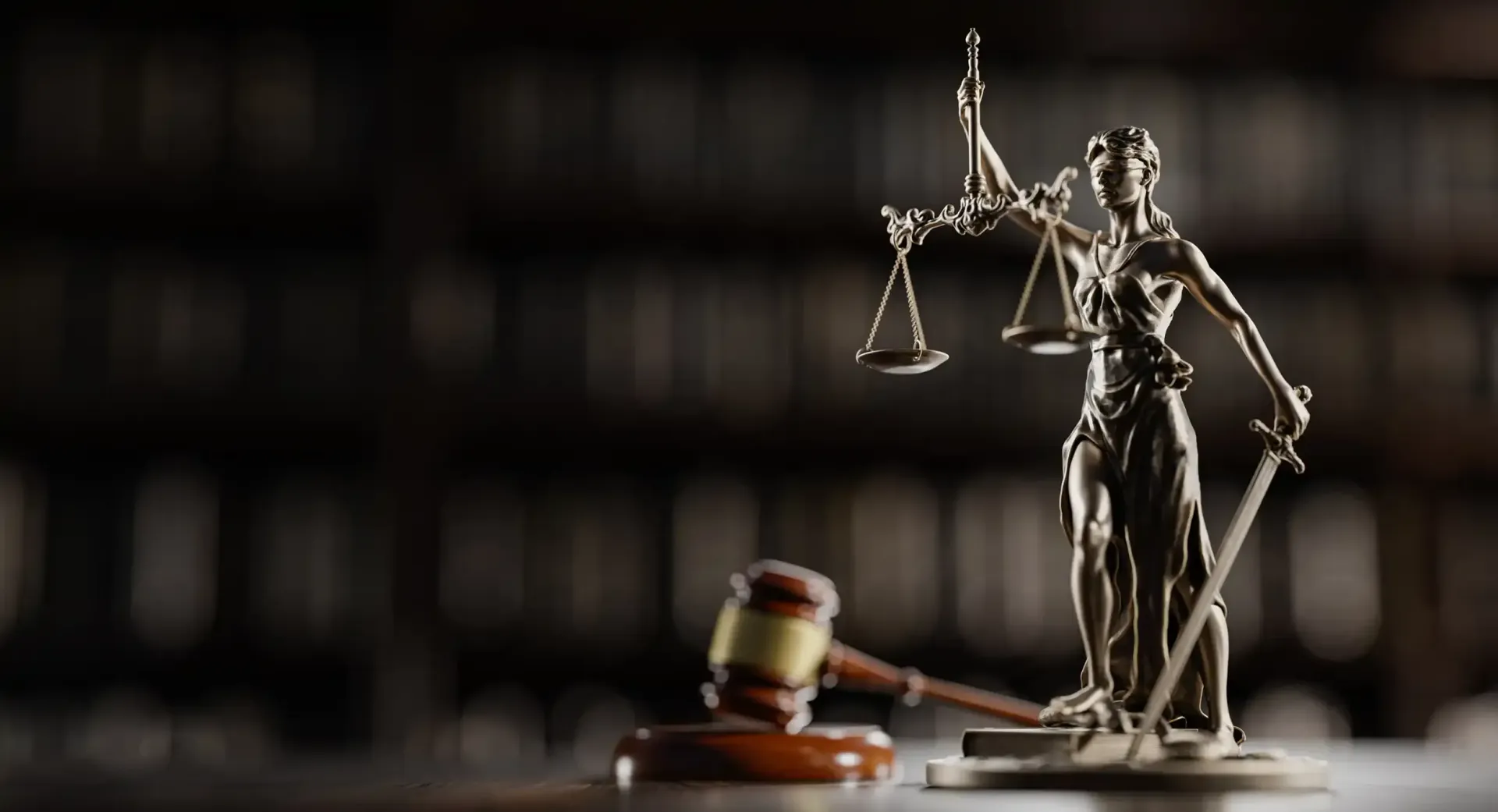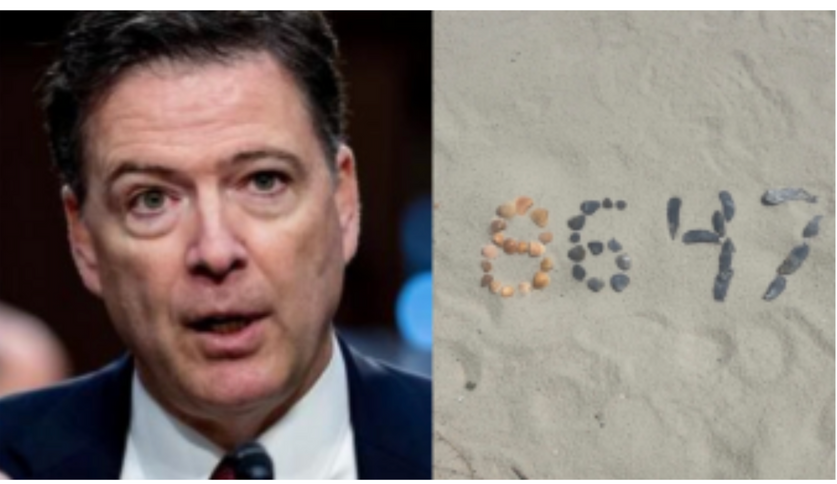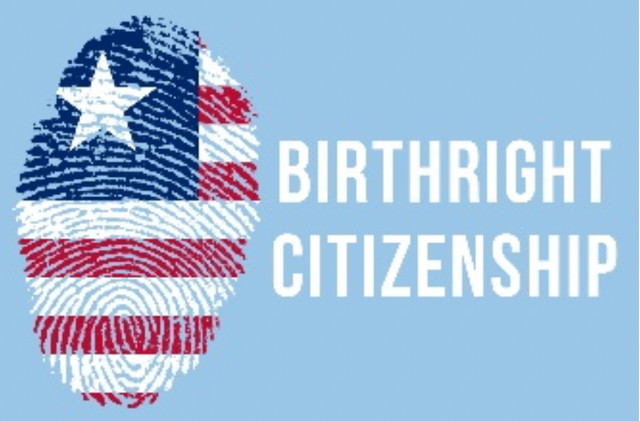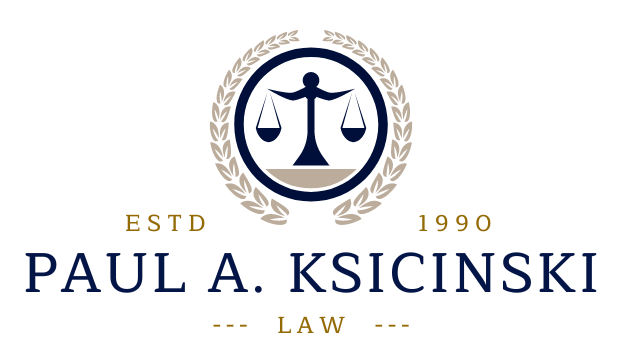Modern courts have not been vigilant in protecting Fourth Amendment rights
A quote which has been attributed to Thomas Jefferson (and Frederick Douglass, James Buchanan, William Henry Harrison, and Ida B. Wells) but is actually a quote from John Philpot Curran, is that “the price of Liberty is eternal vigilance.” Thomas Jefferson Encyclopedia, https://www.monticello.org/research-education/thomas-jefferson-encyclopedia/eternal-vigilance-price-liberty-spurious-quotation/
The quote symbolizes the sanctity Americans have placed on the right to be free from government intrusions. A major cause for the American Revolution was the unfettered discretion officials were given to execute general warrants to search and seize colonists’ property at will whenever they wished to do so. These general warrants and “writs of assistance” gave officials unchecked power, since they specified neither the places to be searched nor what items to be seized.
Americans were outraged. John Adams and the other revolutionaries understood that if government officials could search and seize us and our property at will, no one could feel or be safe. That’s why the Declaration of Independence says that the purpose of government is “to secure [our] rights,” and why it complained that King George III had “sent hither swarms of officers to harass our people, and eat out their substance” using general warrants.
But once the war was over, Adams and others recognized that their own governments could threaten their security just as King George’s men did. So Adams drafted Article 14 of the Massachusetts Declaration of Rights, which not only banned general warrants, but recognized that “[e]very subject has a right to be secure from all unreasonable searches and seizures of his person, his house, his papers, and all his possessions.” Numerous other states drafted similar constitutional provisions protecting their citizens “from all unreasonable searches and seizures of [their] person, [their] papers, or [their] property.” See generally, Thomas Y. Davies, Recovering the Original Fourth Amendment, 98 MICH. L. REV. 547 (1999).
But many feared that federal officials would run roughshod over these rights, so they called for guarantees in the U.S. Constitution against “hasty and unreasonable search warrants, warrants not founded on oath, and not issued with due caution, for searching and seizing men’s papers, property, and persons.”
The Fourth Amendment, based largely on Adams’s work in Massachusetts, is the response to those calls. It shines light on key aspects of the right to be secure. The phrase “persons, houses, papers, and effects” shows the Amendment’s focus on property rights. By drafting the Fourth Amendment, the Framers sought to guarantee to future generations the same property-rights protections they had acquired over centuries under the common law of both England and America.
And one critical property right the Framers sought to protect was the right to exclude other people from your property. James Otis argued against the Writs of Assistance in colonial America which allowed British officials to search homes without warrants. Otis argued that these writs violated the fundamental principle that a man's home is his castle, meaning that individuals have the right to privacy and freedom from arbitrary searches and seizures. He believed that a man's home should be as secure as a prince's castle, free from intrusion even for debt collection or other civil matters. Otis's arguments against the Writs of Assistance helped to solidify the idea that individual rights, including the right to privacy, were fundamental and should be protected from government intrusion. Thomas Y. Davies, id.
That’s why the Framers used the term “secure,” which contemporary dictionaries defined as “protected from . . . danger” and “free from fear.” After all, property isn’t truly yours if you fear that government officials may break down the door at any moment. That’s why Adams himself said that “[p]roperty must be secured, or liberty cannot exist.” John Adams, "Discourses on Davila" https://founders.archives.gov/documents/Adams/06-20-02-0195-0002. See also, William Blackstone, Commentaries on the Laws of England (1765-69), Book II, chapter 1 (There is nothing which so generally strikes the imagination, and engages the affections of mankind, as the right of property; or that sole and despotic dominion which one man claims and exercises over the external things of the world, in total exclusion of the right of any other individual in the universe.)
As Supreme Court Justice Joseph Story wrote in one of the first major texts about the U.S. Constitution, the Fourth Amendment “seems indispensable to the full enjoyment of the rights of personal security, personal liberty, and private property. It is little more than the affirmance of a great constitutional doctrine of the common law.” Story, Joseph. Commentaries on the Constitution of the United States. Vol. 3. Boston: Hilliard, Gray, 1833, chrome-extension://efaidnbmnnnibpcajpcglclefindmkaj/https://lonang.com/wp-content/download/Story-CommentariesUSConstitution.pdf Story's observation is supported by the English decisions in Semayne's Case (1604), which contains the famous declaration that “the house of everyone is to him as his castle and fortress” as reported by Sir Edward Coke.
The Fourth Amendment is a broad declaration of our right to be secure in our persons and property but it, like all our rights, is only good so long as courts interpret and apply the right consistent with the Framers’ understanding. Early on, that’s what happened. In the first major Fourth Amendment case that came before the Supreme Court, the Court rejected the government’s claim that it could open letters and packages travelling through the mail, holding that the “constitutional guaranty of the right of the people to be secure in their papers against unreasonable searches and seizures extends to their papers, thus closed against inspection, wherever they may be.” Ex parte Jackson, 96 U.S. 727, 733, 24 L. Ed. 877 (1877). In another early case, the Supreme Court rejected the government’s attempt to subpoena a person’s private papers for use in a forfeiture proceeding and declared that
[C]onstitutional provisions for the security of person and property should be liberally construed. A close and literal construction deprives them of half their efficacy, and leads to gradual depreciation of the right, as if it consisted more in sound than in substance. It is the duty of courts to be watchful for the constitutional rights of the citizen, and against any stealthy encroachments thereon. Their motto should be obsta principiis [“resist beginnings”]. Boyd v. United States, 116 U.S. 616, 6 S. Ct. 524, 29 L. Ed. 746 (1886).
Modern courts have forgotten, or chose not to recall, this history of the Fourth Amendment. Instead of questioning the actions of the police, many courts give unbridled discretion to the police, Anna Lvovsky, The Judicial Presumption of Police Expertise Harv. L .Rev. (2017) https://harvardlawreview.org/print/vol-130/the-judicial-presumption-of-police-expertise/ Ms. Lvovsky argues “that courts in the mid-twentieth century invoked police expertise to expand police authority in multiple areas of the law. They certified policemen as expert witnesses on criminal habits; they deferred to police insights in evaluating arrests and authorizing investigatory stops; and they even credited police knowledge in upholding criminal laws challenged for vagueness, offering the officer’s trained judgment as a check against the risk of arbitrary enforcement.” ___ draws on judicial opinions, appellate records, trial transcripts, police periodicals, and other archival materials, to track the presumption of police expertise from its origins outside the courtroom to its long march through the justice system, shifting from one doctrinal flashpoint to the next.
CONTACT ATTORNEY PAUL KSICINSKI 414-261-6222 TO PROTECT ALL YOUR RIGHTS IN CRIMINAL CASES
